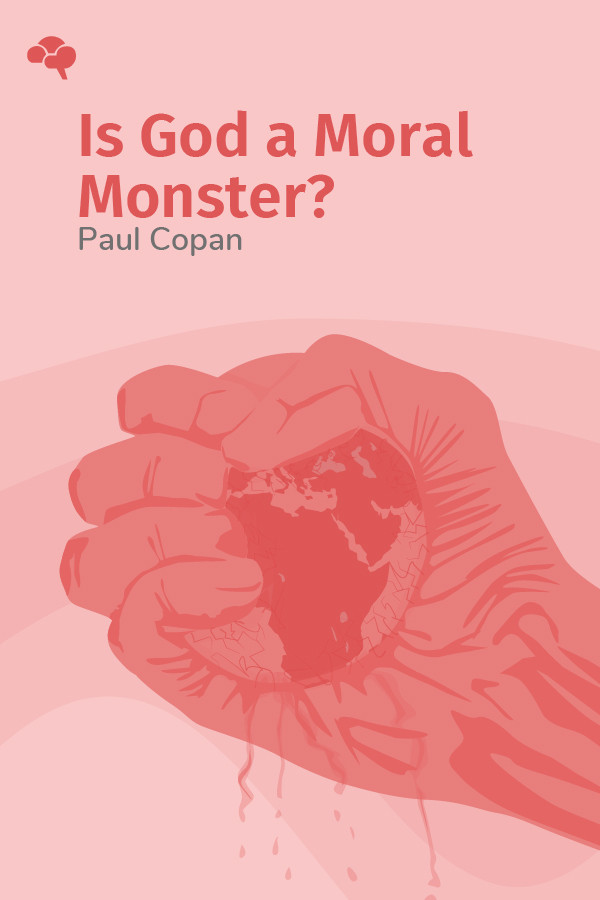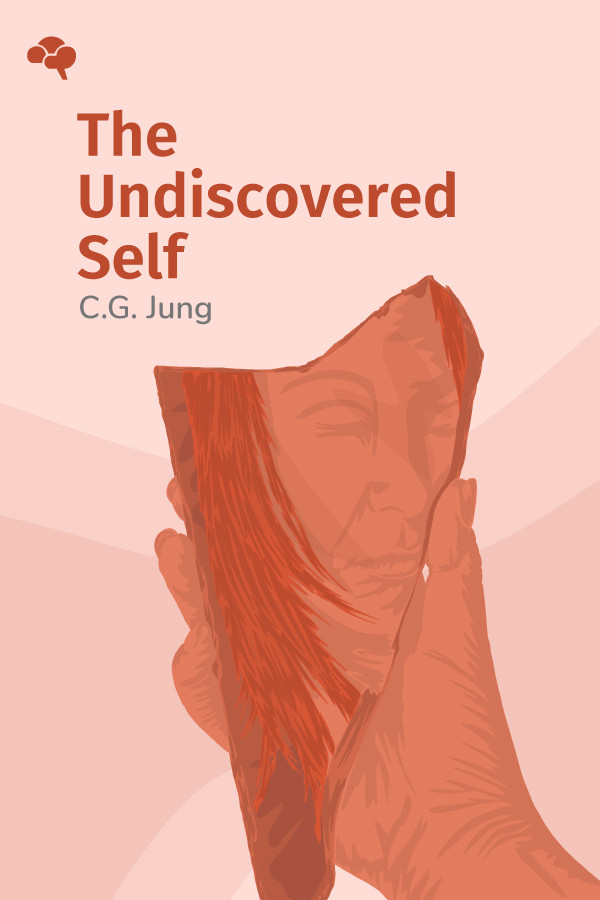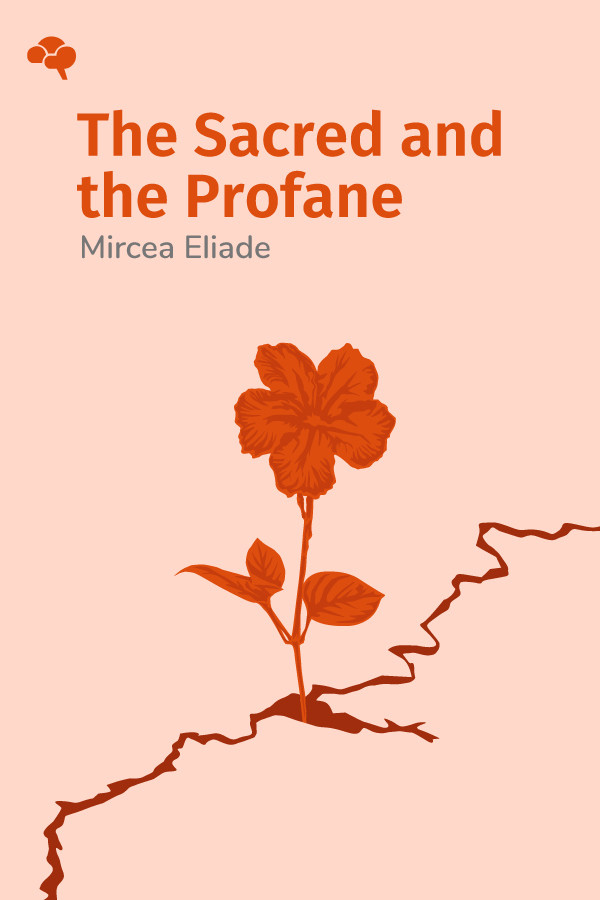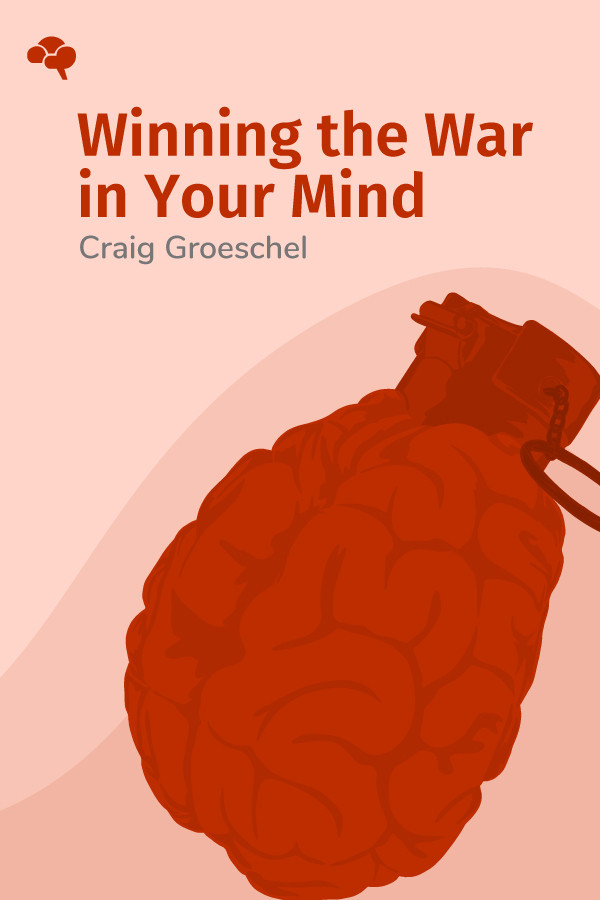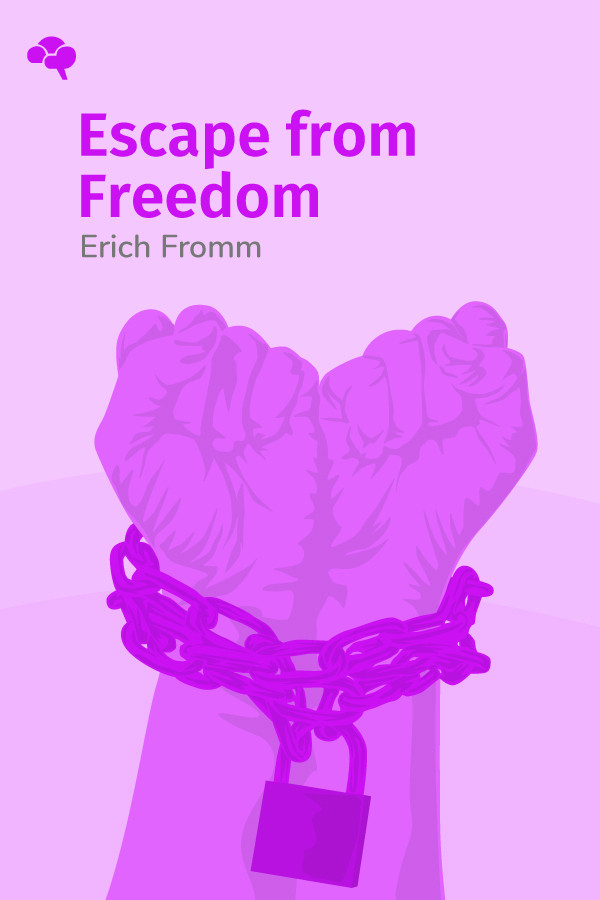
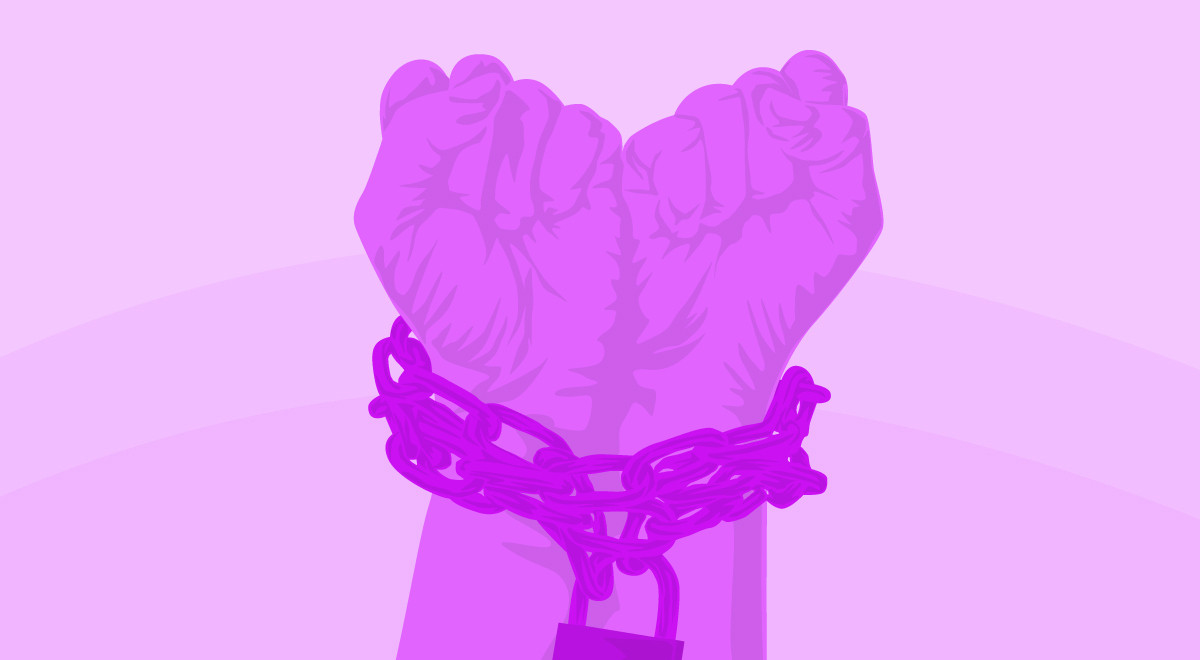
What You'll Learn:
Escape from Freedom by New York Times-bestselling author and renowned psychoanalyst Erich Fromm untangles the unconscious forces that move humanity’s quest for freedom, as well as our rejection of it. Published in the midst of the Second World War, the book explains why we toggle between maintaining democracy and reverting to totalitarianism. Briefly put, Fromm’s work is founded on a common-sense premise: the notion that often what people believe their motives to be differs from the motives that actually drive their behavior. By looking closely into the hidden psychological motives of people like Luther, Calvin, Hitler, and their contemporaries, he reveals the architecture of freedom during the last half of the second millennium.
Key Insights:
- Our yearning for freedom endangers our equally strong yearning to belong.
- Freedom is central to all human progress—historical, developmental, biological, and mythical.
- To withstand the burden of newfound freedoms in the late Middle Ages, Luther launched a new religion of internalized masochistic submission.
- The spirit of emerging capitalism promised the same tyrannical governance over people as the God of Protestantism.
- Hitler embodies the culmination of the “authoritarian character,” which had been festering since the Reformation.
- Spontaneity maintains freedom.
